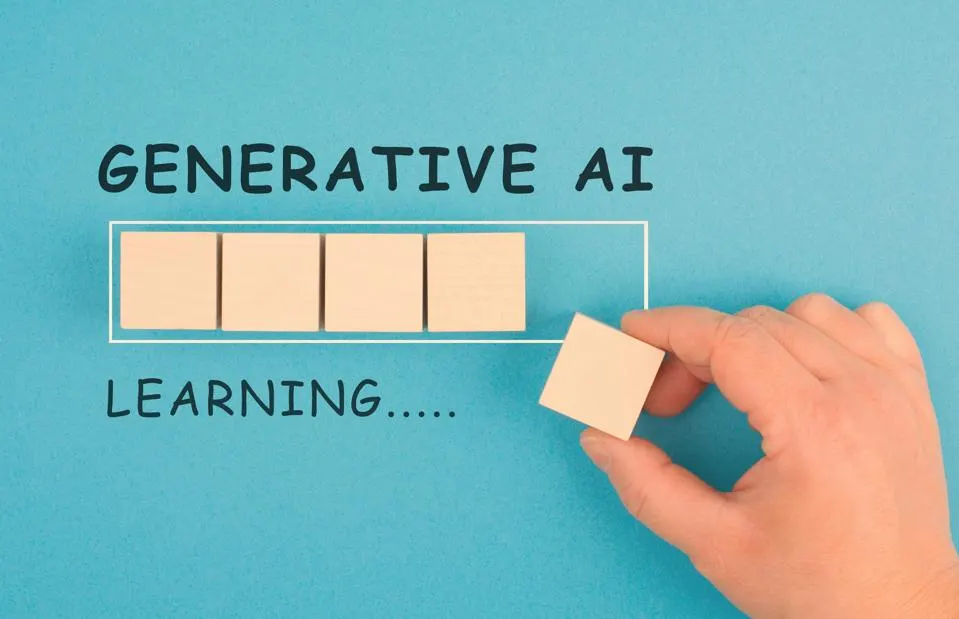UNESCO released guidelines for using Generative AI (GenAI) in education. They want governments to regulate its use, protect data privacy, and set an age limit.
ChatGPT, a GenAI chatbot by Microsoft-backed OpenAI, has become popular and inspired competitors like Google’s Bard. Students enjoy using GenAI because it can generate essays and math with just a few prompts.
Education needs to catch up with the rapid advancements in technology and machine learning models, says Stefania Giannini, an education director. Governments and schools are adopting unfamiliar technology that even experts don’t fully understand.

UNESCO’s 64-page report includes guidelines for government-approved AI education in schools, technical training, and vocational education.
GenAI providers should be responsible for following values, laws, and ethical practices and preventing disinformation and hate speech.
Generative AI can be a tremendous opportunity for human development, but it can also cause harm and prejudice. It cannot be integrated into education without public engagement, and the necessary safeguards and regulations from governments. This UNESCO Guidance will help policymakers and teachers best navigate the potential of AI for the primary interest of learners.
UNESCO emphasizes the importance of allowing learners to develop cognitive abilities and social skills through real-world observations, experiments, discussions, and independent reasoning. They want to prevent GenAI from hindering these learning opportunities.
China has rules for GenAI, and the European Union is likely to approve the AI Act this year. Other countries are lagging in creating AI laws.
UNESCO aims to protect the rights and practices of teachers and researchers when using GenAI.
Related Stories:
